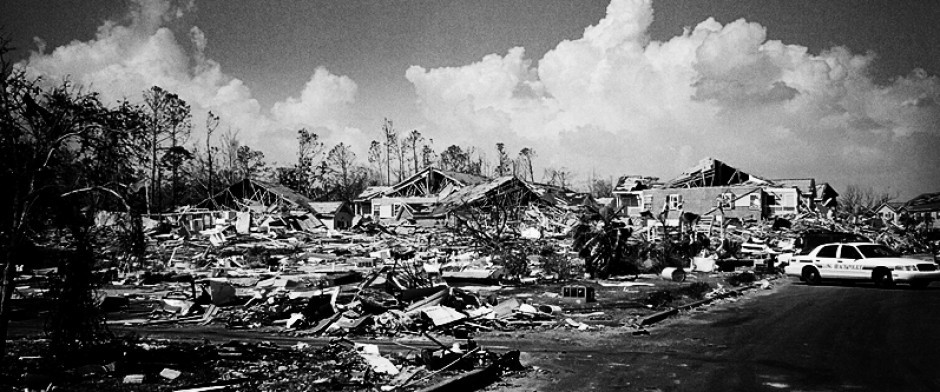
Many of our readers have noticed and been tracking an uptick in the number of earthquakes in areas previously not known for seismic activity. Oklahoma, in particular the Oklahoma City area, has been experiencing an unusually high number of quakes in recent years. Many have speculated that fracking is causing these quakes. However, fracking alone doesn’t appear to be a viable explanation because the quakes often happen where there is no fracking and where there is fracking no quakes occur. Correlation isn’t necessarily causation, but in the case of fracking the evidence seems to directly contradict claims it causes earthquakes. Seismologists agree that fracking can for the most part be ruled out as a cause of the quakes. Nonetheless, scientists have been baffled by seismic activity in places like Oklahoma and are at a loss to explain what is going on.

After reviewing the information, I would like to propose an admittedly anecdotal theory. Empirically speaking, it seems that there is a strong correlation between the quake concentrations and the Central Oklahoma aquifer, which has been significantly drawn down over the last few decades. Theoretically speaking, major quakes have occurred along the New Madrid Fault due to the Earth’s crust rebounding after the glaciers receded in the last ice age. Using this as a rough corollary, it is conceivable that as a major aquifer is emptied, a similar action may be occurring. In fact, these quakes may be the result of the earth settling into voids created when the water is removed combined with the fact that billions of tons of water pressure have also been removed as the water has been pumped from the ground. The combined effect has created tensions (or more specifically, released tensions) in the crust great enough to cause quakes as the crust resettles.
To further test this theory, one must look to other areas that have begun to recently experience seismic activity where historically it has been rare to nonexistent. The recent 2011 DC earthquake centered near Charlottesville, Virginia may have also been due to similar causal mechanisms even though there are known faults that run through the area that have been quiet for centuries. A closer look at the geology around the fast growing city of Charlottesville (much like the population of Oklahoma City) shows that its water is fed from a central aquifer not directly associated with other larger aquifers. Like the Central Oklahoma Aquifer, Charlottesville seems to be sitting on more of an isolated underground lake than a river. As such, both can be drawn down considerably with heavy water usage. In fact, a reduction in the water level of Charlottesville may have also caused the large and unforeseen quake that shook much of Virginia and Washington, DC. Note that this theory is not targeted at areas that are known for seismic activity due to other known causes such as volcanism and active faults. It is however an attempt to explain why certain areas are suddenly having seismic activity.
Considering the above, one should ask the “so what” question. Your answer to why you should care is that much of the construction in the United States is built to codes that do not take into account major seismic events due to the low frequency of their occurrence. However, as we have briefly discussed, more and more areas are now experiencing earthquakes where none had previously occurred to any great scale. This means that you may be living and working or your kids may be attending a school in a structure that isn’t designed to survive an earthquake. If my theory is correct, more and more cities drawing directly from concentrated lake-like aquifers may experience new and continued quakes that could potentially damage and or destroy structures not designed to withstand the shaking of an earthquake. If you have any concern, access the US Geological Survey’s aquifer maps online to determine if you do in fact live in one of these areas. If so, earthquake preparedness may be something you want to consider more seriously.
By Guiles Hendrik
December 17, 2013
All rights reserved.


